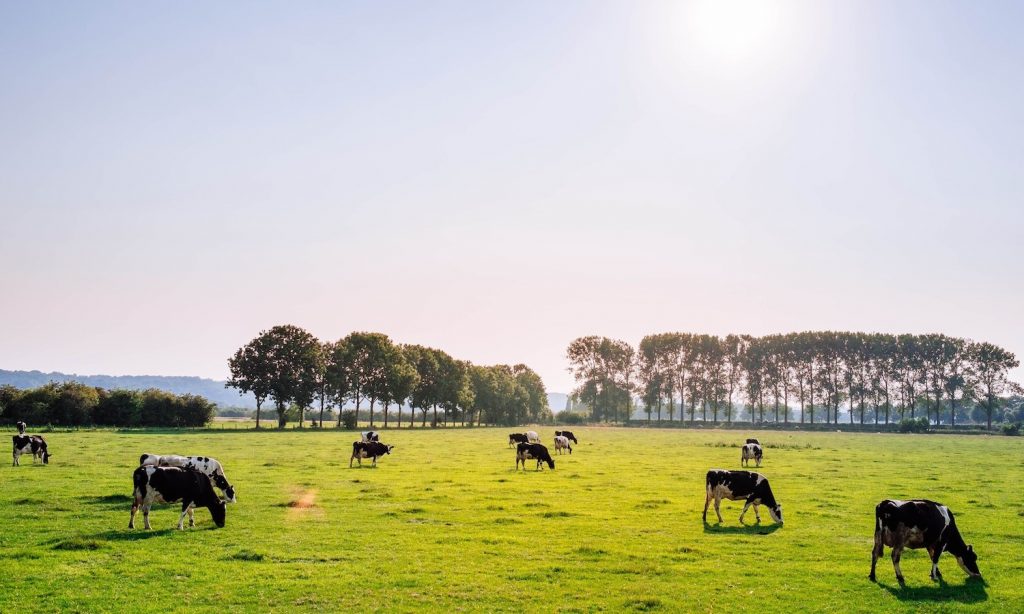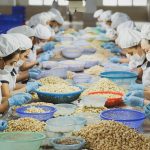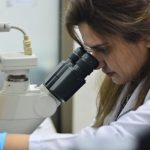
When asked why she uses a political term like revolution to discuss cheese, Miyoko answers matter-of-factly, then elaborates connecting all of the political decisions that get made to take a glass of cow’s milk from subsidy to table.
“Because it’s a political concept. That’s why. Cheese is a political concept. Dairy is a political concept. You know, we’re not just revolutionizing cheese, we’re revolutionizing dairy so people think about dairy as not coming from animals, but from plants. We can use the same type of processes to make cheese or yogurt or butter…We talk about our products being real cheese because we use actual fermentation and microbial power to transform food from one thing to another…And that’s why we think that in the future, yes, there are going to be dairy products––they’re just going to come from plants. It’s a political issue because 50 percent of all landmass in this country is occupied by livestock [and by feed for livestock]. It’s a political problem because the political contributions from the dairy industry that in return feed the subsidy system, which keeps prices artificially low, also influence the United States Department of Agriculture (USDA) nutritional guidelines in the school lunch program.”
In 2015, the U.S. government gave the dairy industry $22 billion in direct and indirect subsidies. According to USDA data, between 2009 and 2018 milk consumption decreased by 13 percent, but production increased by 15 percent. The United States currently stores a 1.39-billion-pound surplus of animal-based cheese.
“Our political system defines what foods Americans eat, what foods Americans think are nutritious. For example, the focus on protein and calcium and the idea that they can only come from animal products. That is all from politics.”
For Miyoko the politics of animal dairy are also personal. She recalls her first encounters with cow’s milk at the age of seven: “I was seven years old when I came to the United States from Japan and I went to school and I was given milk. Now I am lactose intolerant, I’m Asian, but I was forced to drink milk. That is racism. It’s a form of political racism that’s inherent in the food system that people don’t recognize… So that’s why we’re using a political term for this because a revolution has to happen for the food system change.”
And the food system is changing––largely because of the excitement that Miyoko’s and other vegan and plant-based brands are creating. The incredible success of the plant-based sector has also garnered the attention of lawmakers and lobbyists. Reintroduced into Congress in March 2019, The Dairy Pride Act asks the Food and Drug Administration (FDA) to enforce its definition of milk as “the lacteal secretion…obtained by the milking of one or more healthy cows.” Members of the dairy industry and proponents of the bill claim that labeling products not made from animals as “milk” or “cheese” causes confusion for consumers.
Some of the real confusion seems to stem from the regulatory organizations themselves. Miyoko explains: “We used to be under the jurisdiction of the California Department of Public Health (CDPH), which oversees food industries that are not dairy or meat. Meat is under the USDA, but the California Department of Food and Agriculture (CDFA), oversees dairy.” However, the law changed recently, declaring that all plant-based milk products will also be regulated by the CDFA, just like animal dairy. Miyoko points out the irony: “And so we have to comply with dairy regulations. Meanwhile, we can’t use dairy terminology. Yes, that’s the law.”
In February of 2019, Wisconsin’s Department of Agriculture issued orders for stores to remove Miyoko’s European Style Cultured Vegan Butter from shelves. But the state received so many consumer complaints that they eventually relented.
Nothing seems to faze Miyoko, though. She just raises her eyebrows, folds her arms, and says: “There’s a lot going on. But this is what happens in a revolution. What do you expect? So, bring it on.”

























